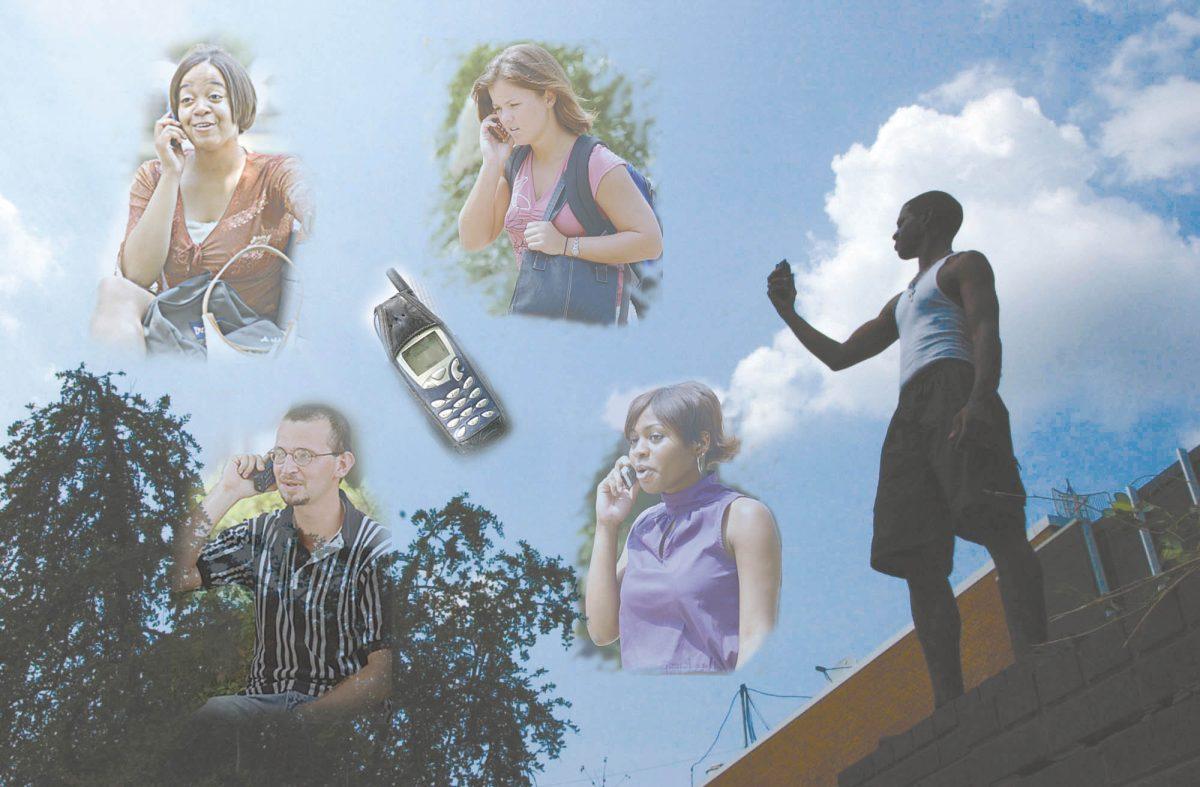According to a 2001 Best Buy Survey, nearly 60 percent of all American college students have cell phones. In Starkville, the two leading cell phone providers are Cellular South and Cingular, although a very small casual survey found some students to have services with Verizon, AT&T Wireless, Suncom, Sprint and some smaller outfitters from different states. Both Cellular South and Cingular have advantages and disadvantages.
Of approximately 30 students who had cell phones, most described cell phone reception in Starkville as “fair” or “pretty good.” Among users of both Cellular South and Cingular, some students reported that there were some areas where they could not receive a signal, such as dorms or apartments, while a few said they could make a call from anywhere.
Several customers of both companies agreed that leaving Starkville on Miss. Highway 12 toward Sturgis, there was an area with no signal at all, and several Cingular customers said that the signals were “terrible” around 9 p.m. when people began using their night and weekend minutes.
Jay Stokes, an MSU junior in wildlife and fisheries, is a Cellular South customer.
“It’s great,” he said. “I can get a signal pretty much everywhere.”
However, Trineeta Bardwell described her Cellular South service as “all right.”
“But there are some places it won’t pick up,” she added.
Chris Sam, a freshman in aerospace engineering, said his Cingular service was “decent.”
“I can’t get a signal everywhere, but it’s pretty good,” he said.
Students also reported fair or good service with other providers such as Verizon, Sprint, AT&T Wireless and others, but as there were fewer students subscribing to these, there are fewer opinions from which to draw conclusions.
In short, neither Cingular’s nor Cellular South’s reception was reported dramatically better than the other one. The decision as to which, if either, of these companies to sign up with appears to rest solely on the individual’s calling habits and budget.
Cellular South offers several different minute plans shown in the box above.
Unlimited Local Calling: $49.99, featuring unlimited usage within the home area (a map is available at http://www.cellularsouth.com showing the size and range of the home area)
Free Incoming Calls 300: $29.99, offers 300 outgoing minutes
Beginning at 500 minutes, plans include call waiting, call forwarding, conference calling and digital long distance. From 850 minutes and above, plans include free nights and weekends.
Cellular South’s free nights and weekends plan is $9.95 a month. It applies from 7 p.m. to 7 a.m. on weekdays and from 7 p.m. Friday to 7 a.m. Monday morning.
Cingular offers both home plans and national plans. (A map is available at http://www.cingular.com showing the areas of the home plans.)
For the home plans, the number of minutes included and the prices are in the Cingular ‘Home’ minute plans box.
While these plans do not include free incoming calls, plans from 400 minutes or above include rollover minutes, meaning unused minutes from one month are added to the next.
The 50 minutes plan has no nights and weekends minutes; the 250 minutes plan includes 1,000. The rest include 3,000. These minutes are used between 9 p.m. and 9 a.m.
All plans include nationwide long distance, caller ID, call forwarding, call waiting and three-way calling.
Plans from 400 minutes and up can include voice mail upon request.
For the Cingular nation plan, one can travel nationwide on the Cingular network without long distance or roaming. The number of minutes and prices are listed in the Cingular ‘Nation’ minute plans box above.
All the plans include all the features listed in the above Cingular home plans. Also, the 250 minutes plan includes 1000 night and weekend minutes; the rest include 3,000.





















































































